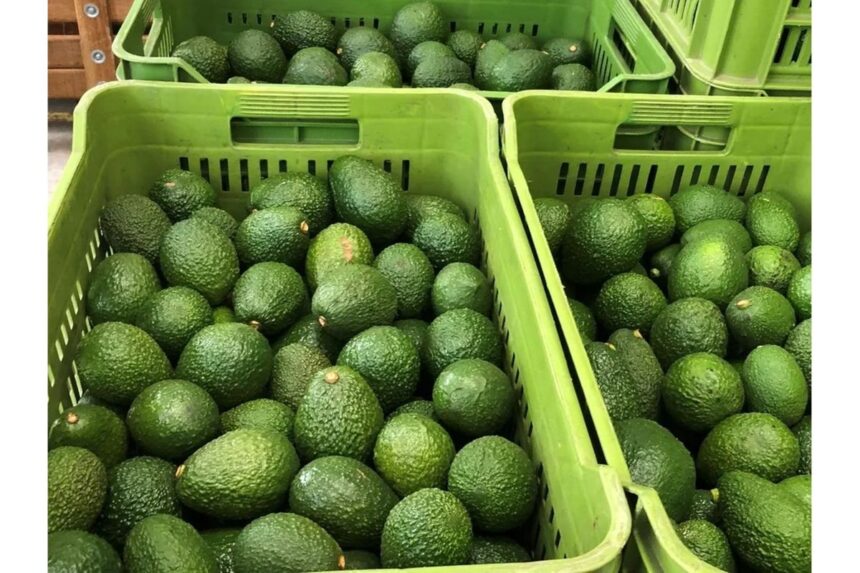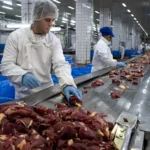Tanzania Avocado Pioneer Company, AFRICADO Ltd, have exported the first batch of Tanzanian Avocado to China in a major boost for the country’s agriculture sector.
Africado certification manager Festus Nkuru told a press conference yesterday that the container had
successfully passed the Chinese customs inspection, indicating a bright future for Tanzania’s avocado
exports.
It is creating a niche in the world’s second-most populous country and promises to be a whirlwind for
growers and exporters, where success comes from collaboration between stakeholders; the first
shipment carries 24 tonnes of Hassian crocodile Pear variety worth $18,500.
It was delivered on October 28 and took over three weeks to arrive in Hong Kong on November 18, for
which the manager was grateful for.
- Advertisement -
“We are so grateful that our first-ever container with avocados has landed at Avocado’s South China
ripening and distribution centre, ready for distribution across retail supermarkets,” he said.
He thanked the government, the Tanzania Plant Health and Pesticides Authority (TPHPA), TAHA and the
Food and Agriculture Organization of the United Nations (FAO) for facilitating this achievement.
He said this development not only strengthens Africa’s position as a major exporter but also strengthens
Tanzania’s agricultural sector provides significant job opportunities to local farmers.
“As Tanzania’s largest grower and a pioneer in the avocado industry, Africado Ltd is optimistic about the
economic benefits this development will bring to both the company and the country’s economy,” the
manager declared.
China’s decision to accept Tanzanian avocados into its market is in line with its broader strategy to
increase imports from Africa, a trade reform aimed at addressing the imbalance between China and rich
countries.
- Advertisement -
With a population of over 1.4 billion, China is now expected to become Tanzania’s largest exporter of
avocados, which have always been limited to Europe and the Middle East.
Tanzania is Africa’s third largest avocado producer, after South Africa and Kenya, but has struggled to
enter the export market due to the lack of SPS inspections and a lack of producers to monitor.
This important point is in line with Tanzania’s national strategy to increase horticultural exports from
US$420 million the previous year to US$2 billion annually by 2030, thereby creating important jobs for
youth and women in the value chain










